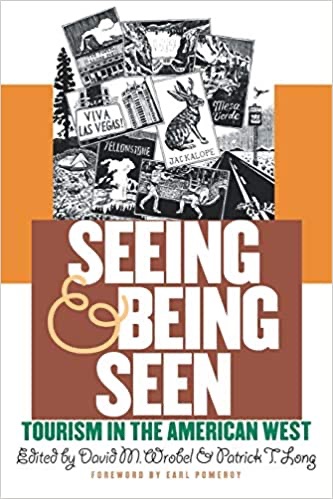by Sinclair Lewis
A neglected classic of which I’d never heard, by the author of Babbit and It Can’t Happen Here. Claire Boltwood is a young Brooklyn woman whose wealthy, widowed father works far too much and has suffered a breakdown. In 1917, Claire takes matters into her own hands and undertakes to drive with her father from Minneapolis (where Dad was vacationing by running the Western branch of his company) all the way to Seattle. They are not even out of Minnesota when they meet a helpful small-town mechanic, Milt Daggett. He gets their car out of the mud and, instantly falling in love with Claire, decides to get into his own little car and head for Seattle as well. The farther West we go, the more Claire travels beyond her conventional gender role and the more Milt transcends his class. This is, in short, an American sentimental romance.
What is striking here is the conviction that Americans are fundamentally (if not universally) good, decent, and sensible — and that small-town America in particular is — despite some bad and selfish apples — pretty good and tolerably smart. In this America, hardly anyone has much education but every country lawyer and small-town doctor is a missionary of intelligence and enlightenment. This is not the rural, small-town America that inflicted Donald Trump upon the rest of the country and the world, or that persists in spreading COVID and destroying the planet. Perhaps we can find it again.

